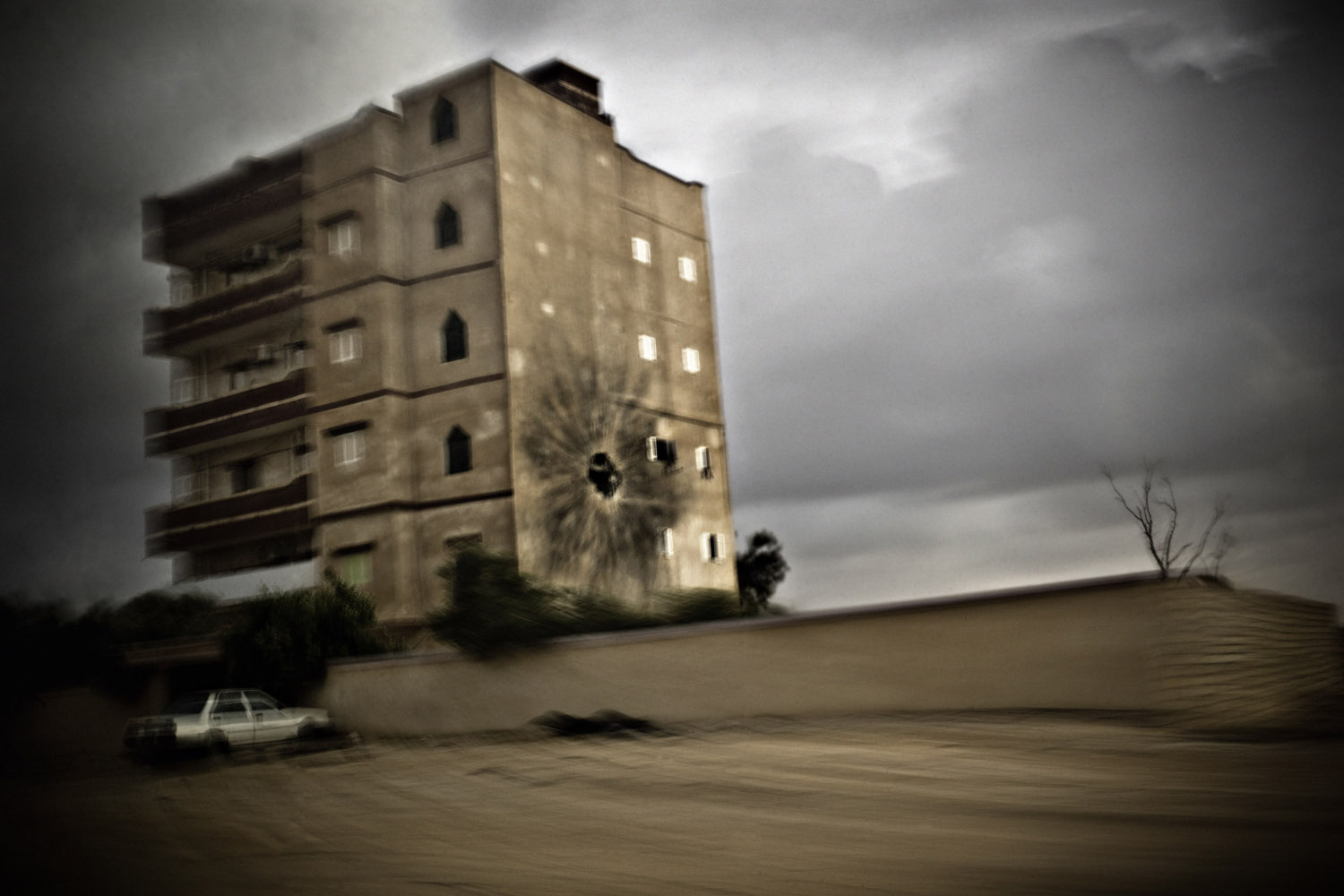
“War is worse than drugs. One moment it’s a bad trip, a nightmare. But the next moment, as soon as the immediate danger has passed, there is an overpowering desire to go back for more. To risk one’s life in order to get more pictures in return for not very much. It is an incomprehensible force that pushes us to keep going back in.”
–Rémi Ochlik, 2004
This spring, after French war photographer Rémi Ochlik was killed during fighting in Homs, Syria, a group of close friends and colleagues felt their obligations to the photographer weren’t complete. Meeting aboard a TGV train on their way to Paris from the World Press awards ceremony in Amsterdam in late April, the group took stock of everything that had happened since Rémi’s death. His photographs had spoken for themselves when exhibited in tribute in Amsterdam. The large circle of friends gathered in his name was a testament to his character; he was always the guy who would make friends sharing a cigarette. But one duty remained unfinished—not a tribute, nor a memorial, but a commitment to continue what was and what should have been in Rémi’s life.
Now, five months later, Revolutions is finished–a book of 144 pages, across which Rémi’s photographs of the Arab Spring spread forth. The tome depicts hope, anger, celebration and fear—some of humanity’s most powerful emotions recorded in photographs—and feelings the photographer undoubtedly felt during a career cut short by the harsh realities often facing those documenting armed conflict.
Scattered through this visual record of Rémi’s witness are the words of friends, which encompass close confidants, long-time coworkers and fellow photographers. Their testimonies are short, speaking to the memories of a man killed at a time and place in the world many photographers hesitated to cover.
Ochlik began his photography of the Arab Spring in Tunisia—and so the book does the same. “It is impressive to see the ease with which he moves through the street as the rocks fly everywhere,” writes Julien De Rosa of his shared time with Rémi outside Tahrir Square in Cairo. “This is clearly his natural environment.”
Rémi, considered by colleagues an old-school photographer despite his young age (29), moved with confidence and resolve through the borders of conflict in the Middle East. This is what makes his death that much more painful, for at his age and with his skill, his potential had seemed limitless.
“Be safe, okay?” were the last words that Gert Van Langendonck told Rémi before his final trip to the besieged city of Homs. “You’ve already won your World Press Photo.” And indeed Rémi’s work was deserving of high honor—his story from Libya earned him first prize in the 2012 World Press Photo competition’s General News category. His photographic eye was strong—strengthening, even—as he entered Syria. A vision deserving of high honor, cut short by a barrage of shelling that also killed American correspondent Marie Colvin.
Rémi was often aware that he didn’t have a personal project in the works, Van Langendonck told TIME. Personal projects provide an outlet for photographers to explore their interests outside of commissioned editorial work, allowing for an inner-consistency even as a photographer’s surroundings are rapidly changing. So caught up in his work, Remi didn’t need it — “I’ve never had so many of my pictures published in my life,” he told Van Langendonck.
After paying the ultimate price for his work, Rémi’s personal project became clear. Although the future promise of the French photographer will never be fully realized, the publishing of Revolutions has brought a modicum of closure.
Revolutions is now available through Emphas.is. The book project, funded by contributors, raised $24,250 as of Sept. 4, exceeding its original fundraising target of $15,000 by almost 40%.
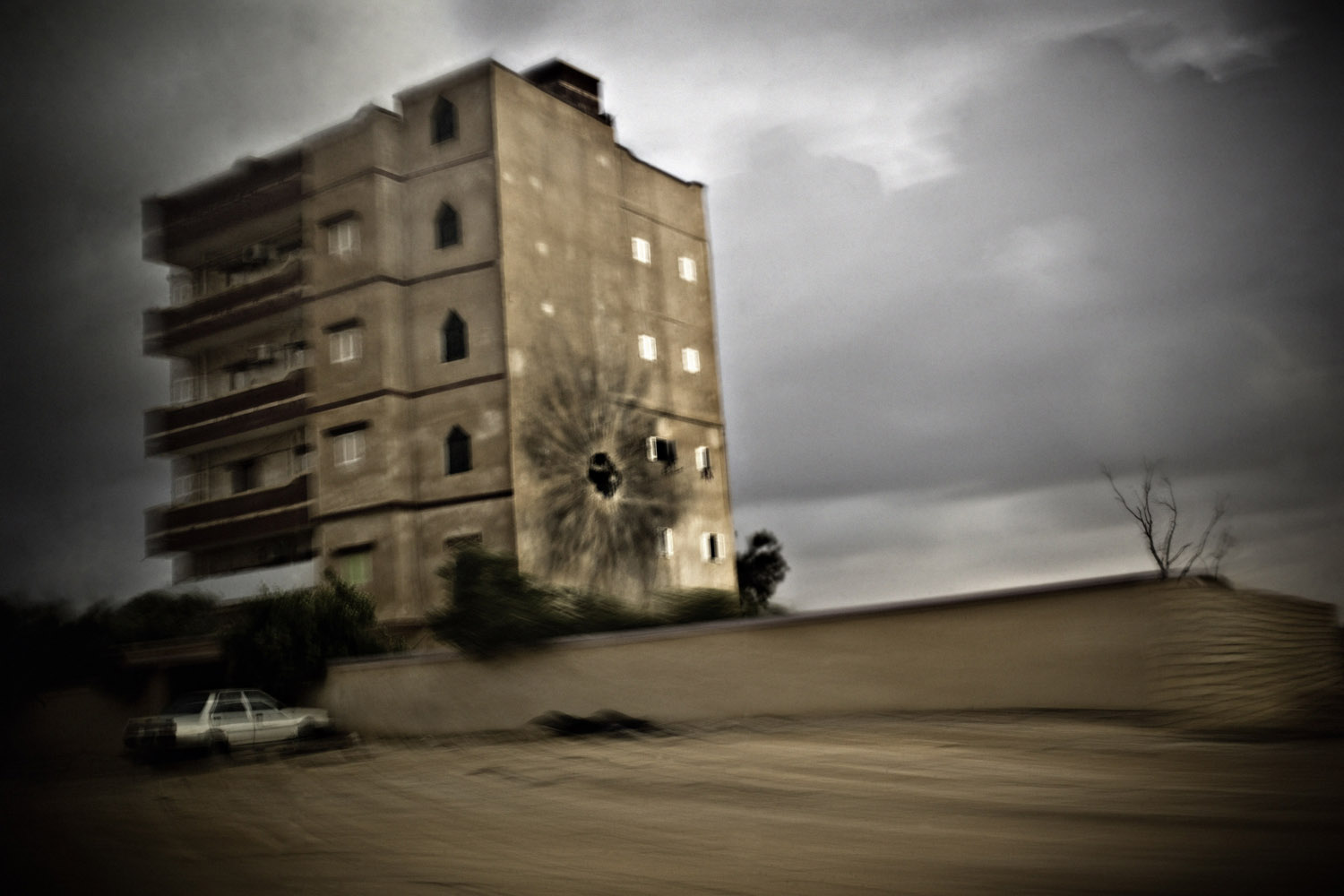
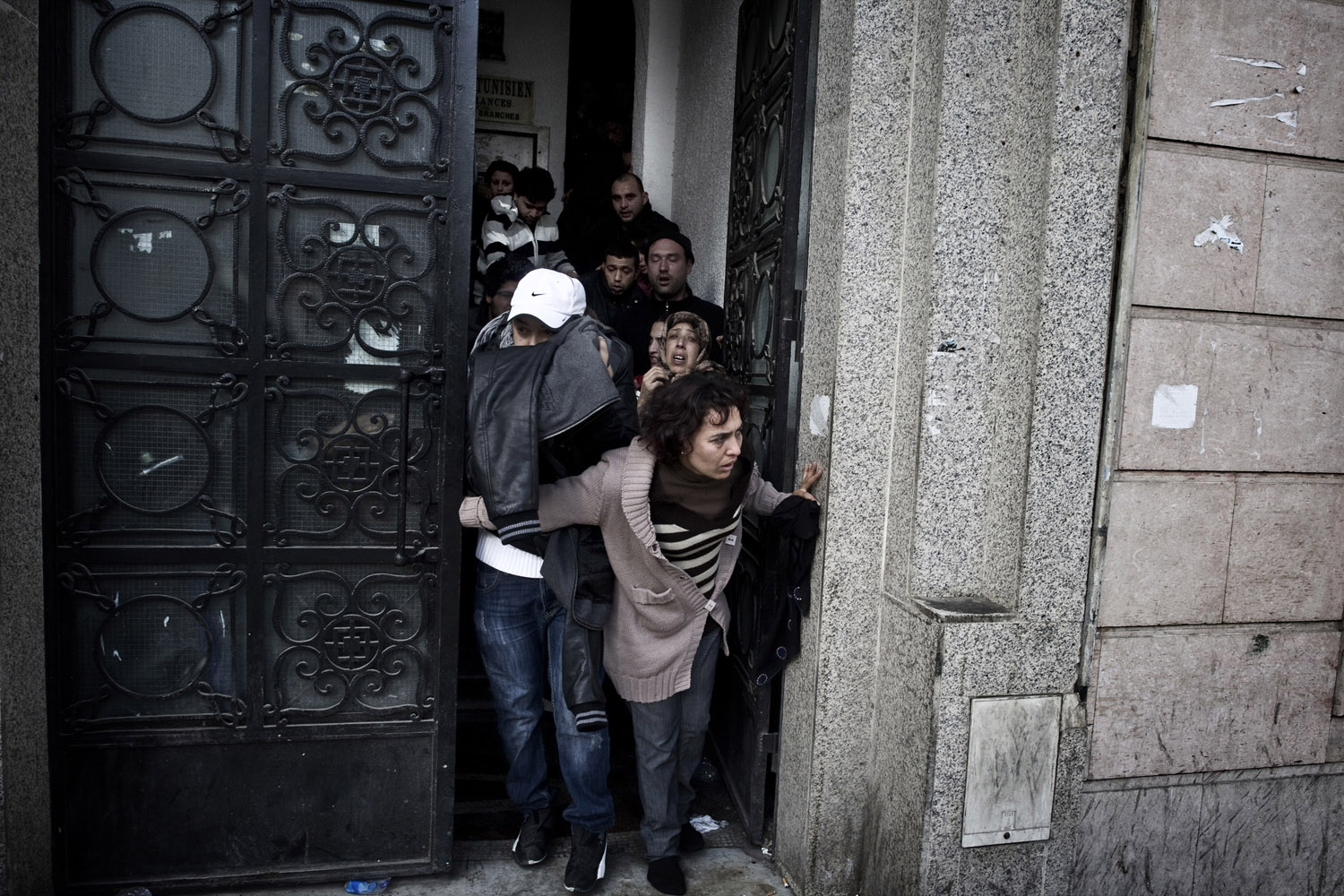
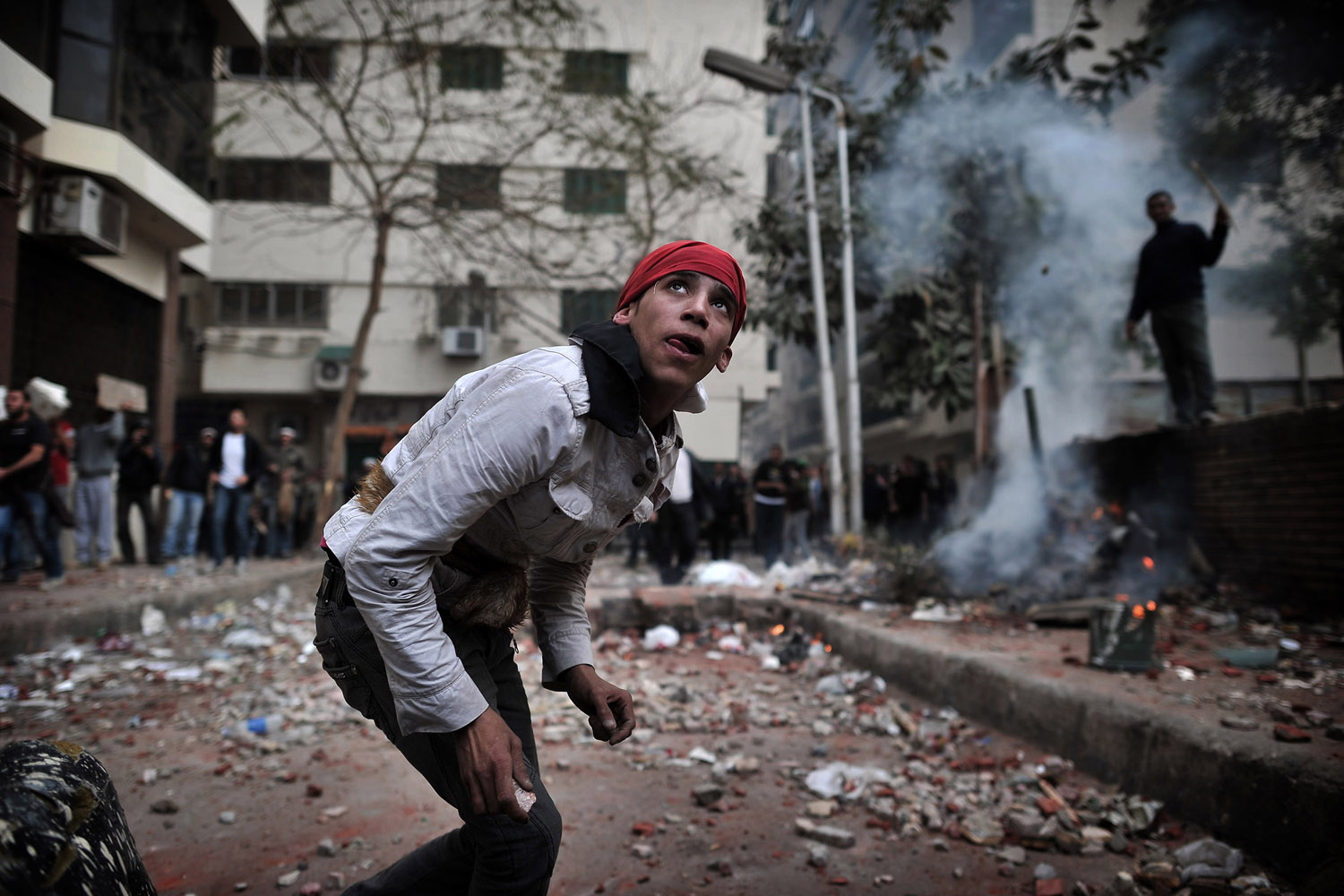
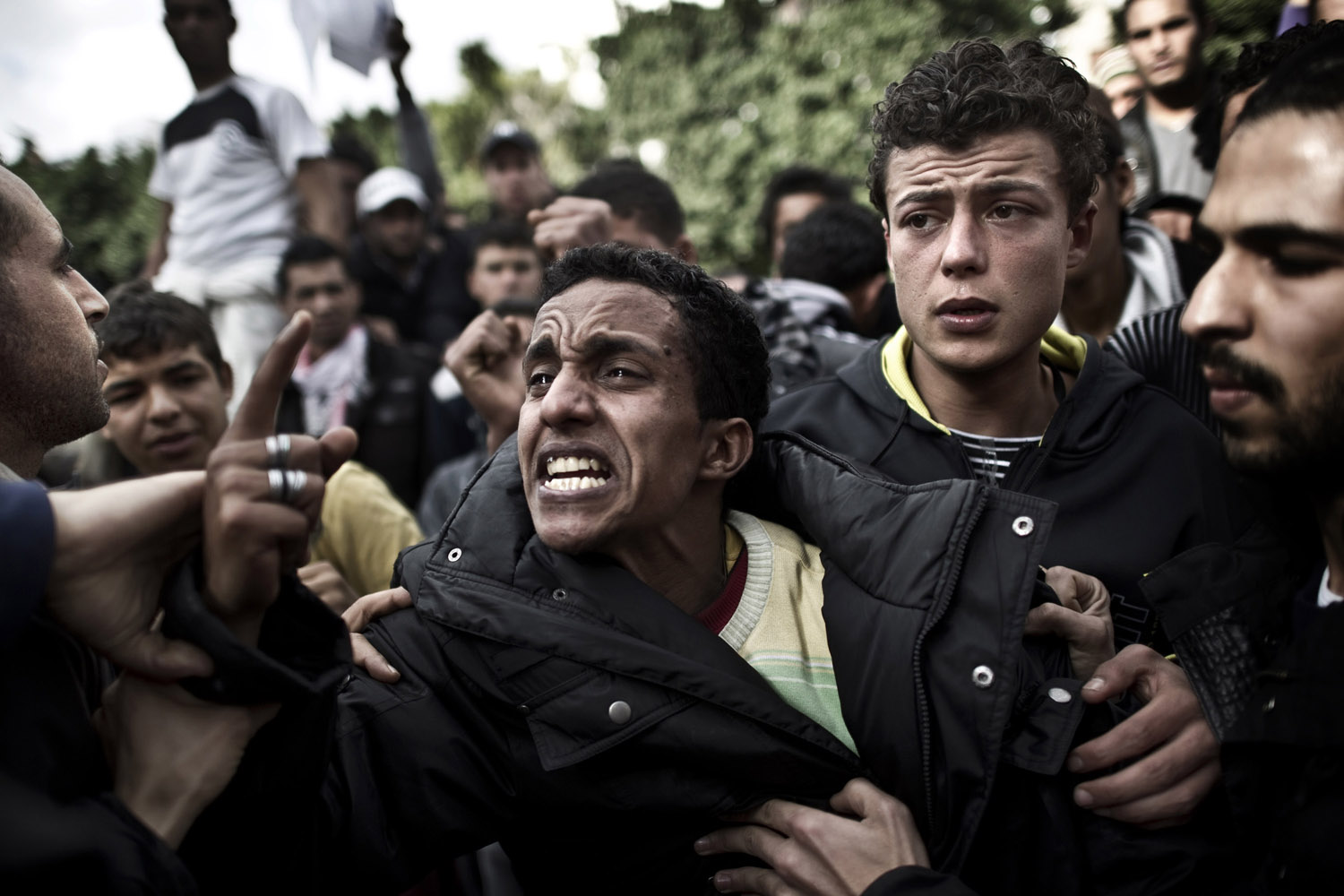
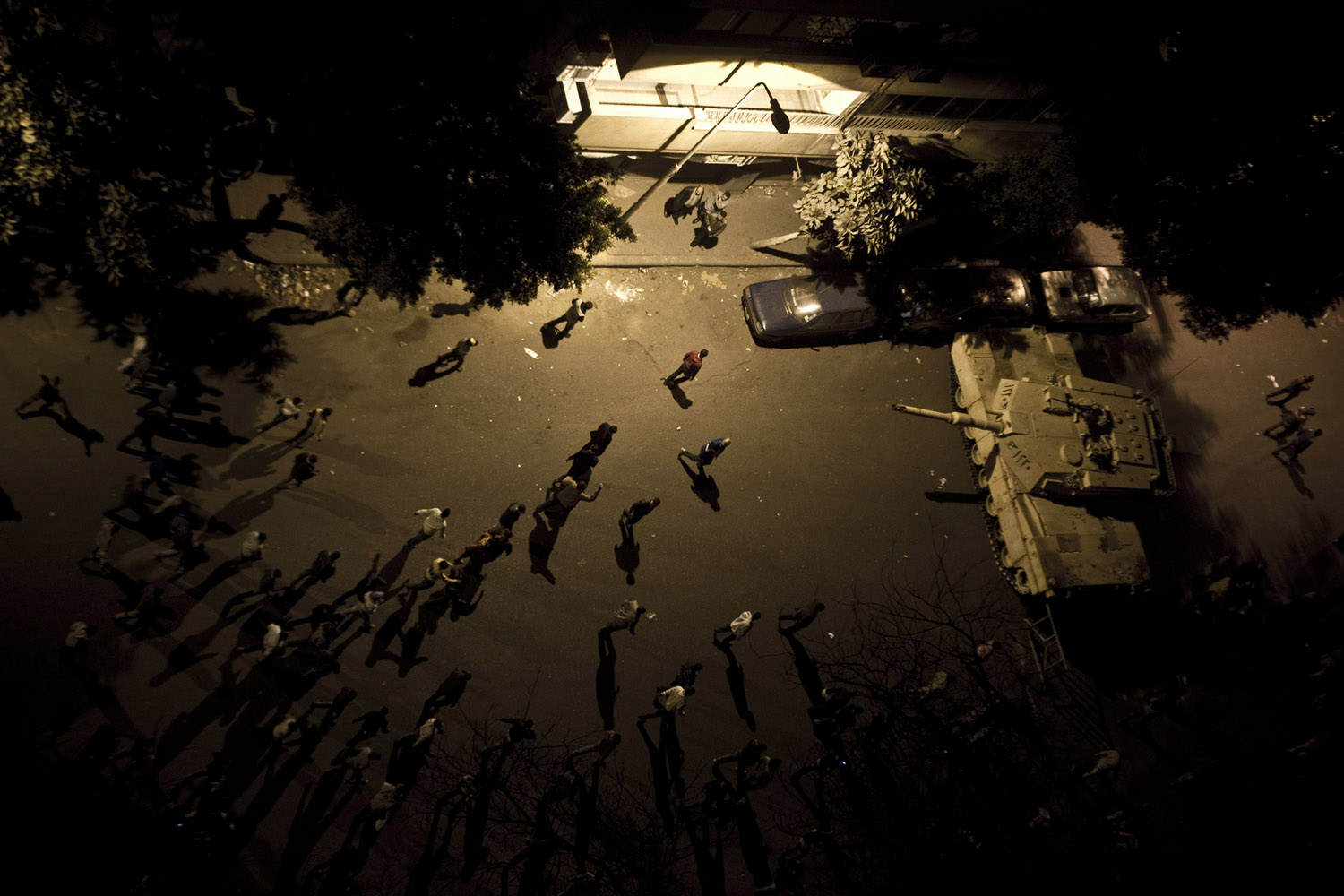
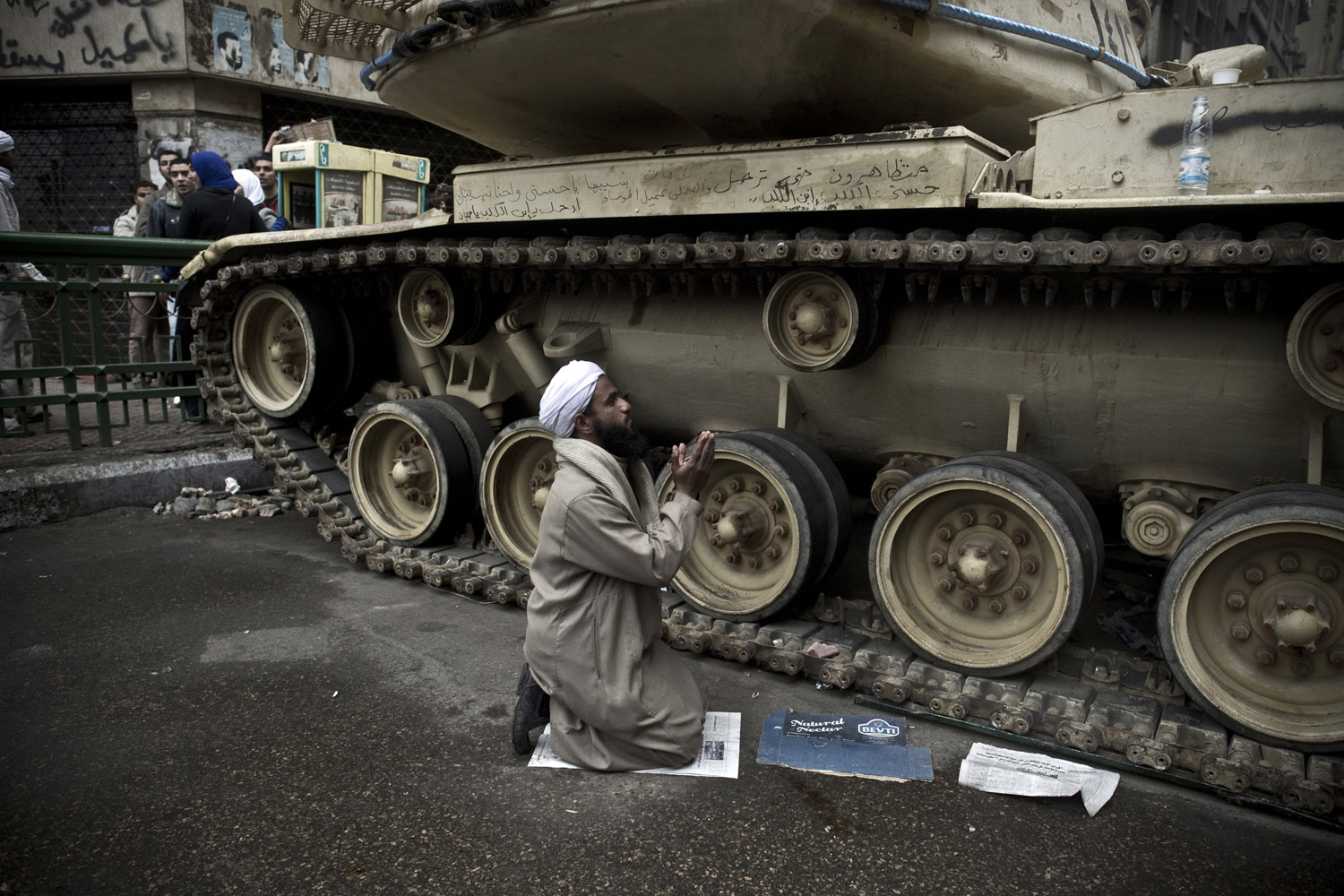
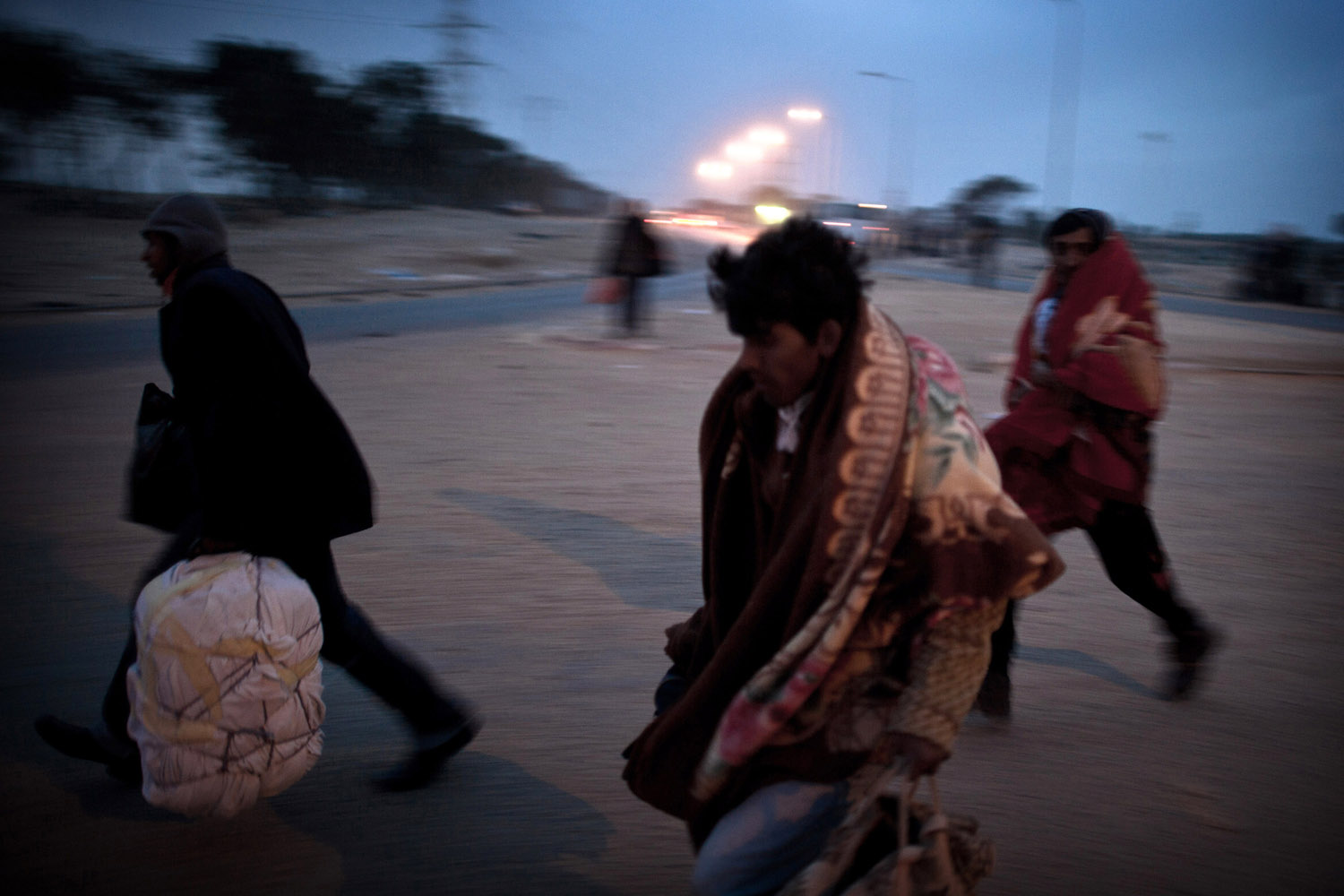
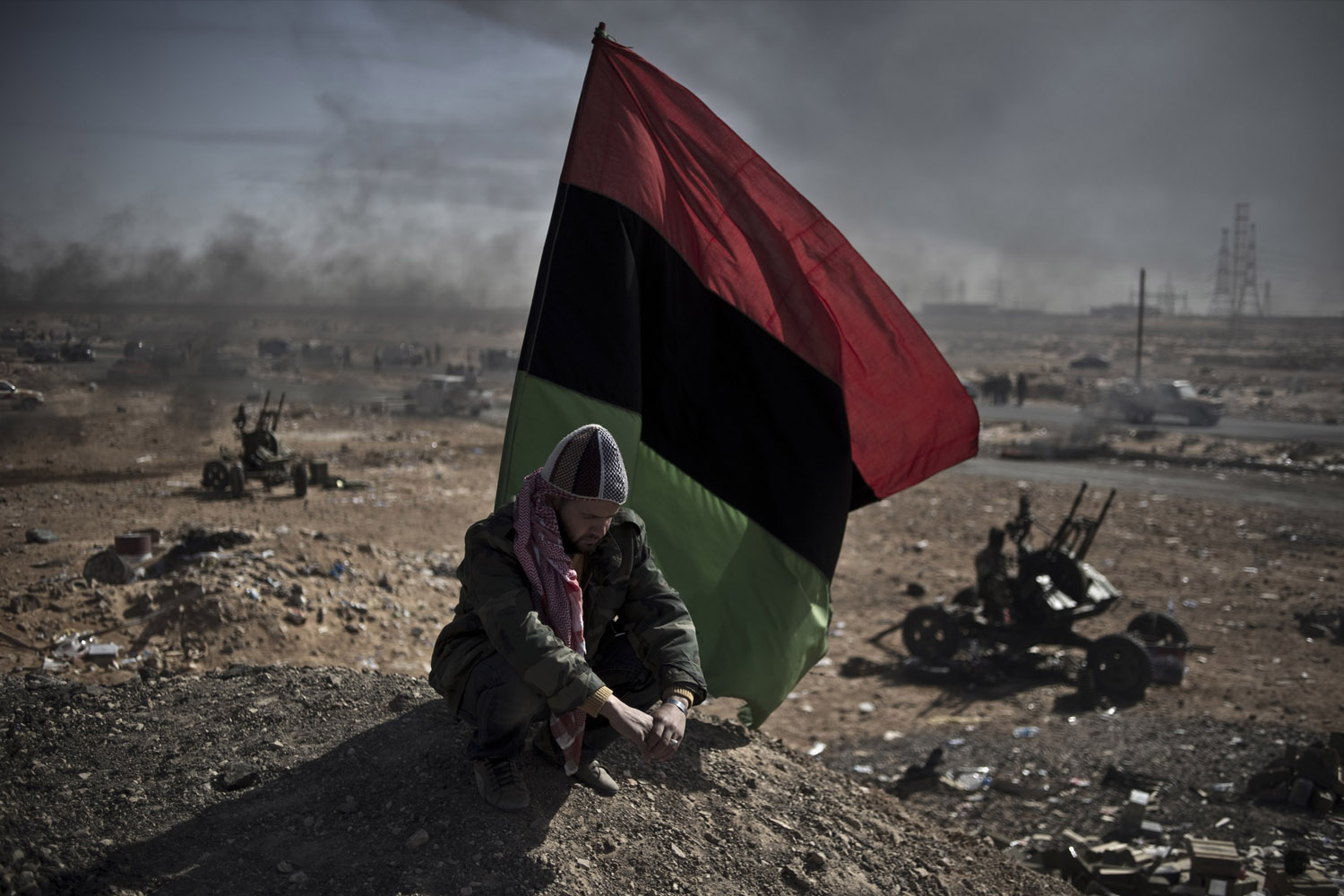
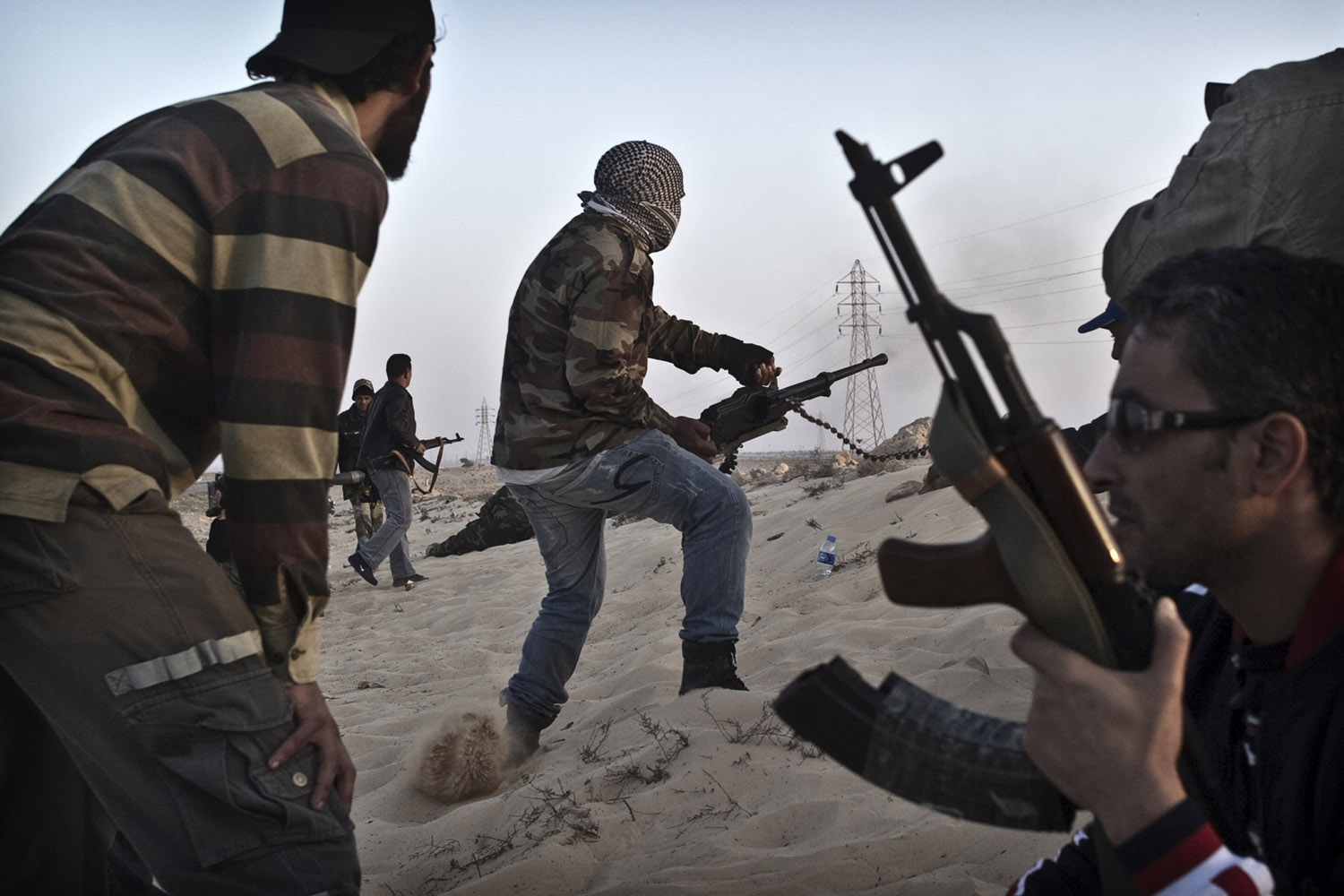
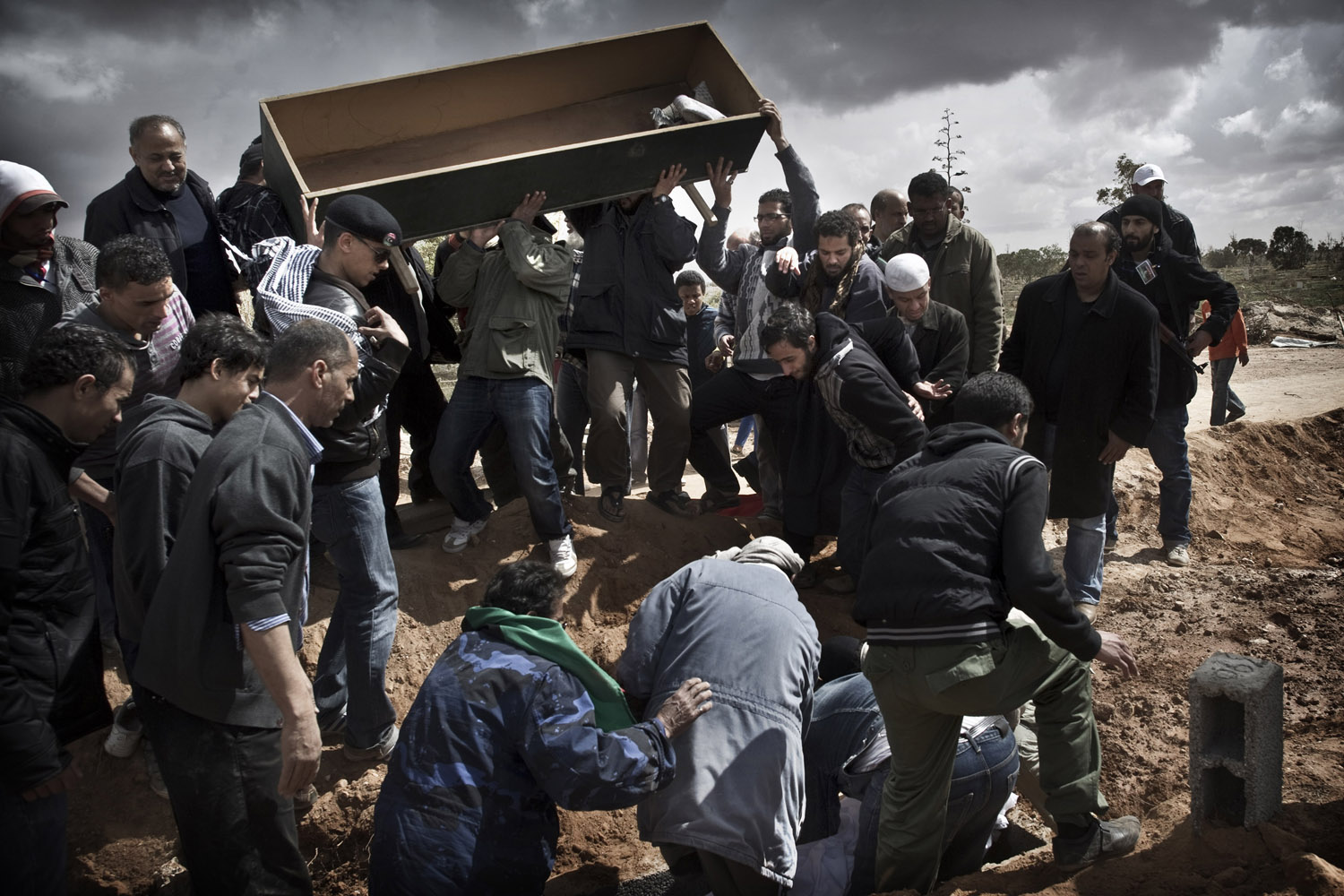
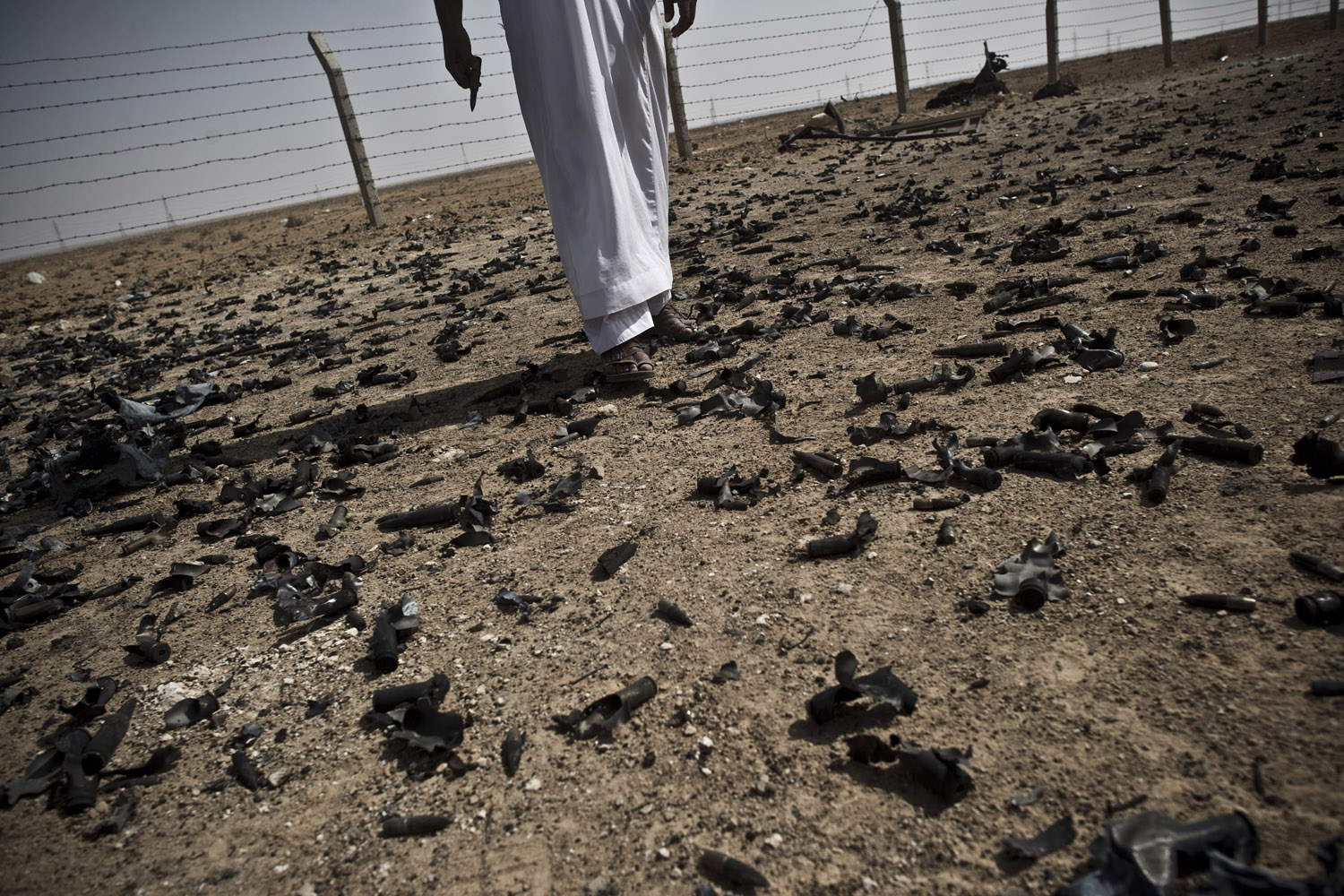
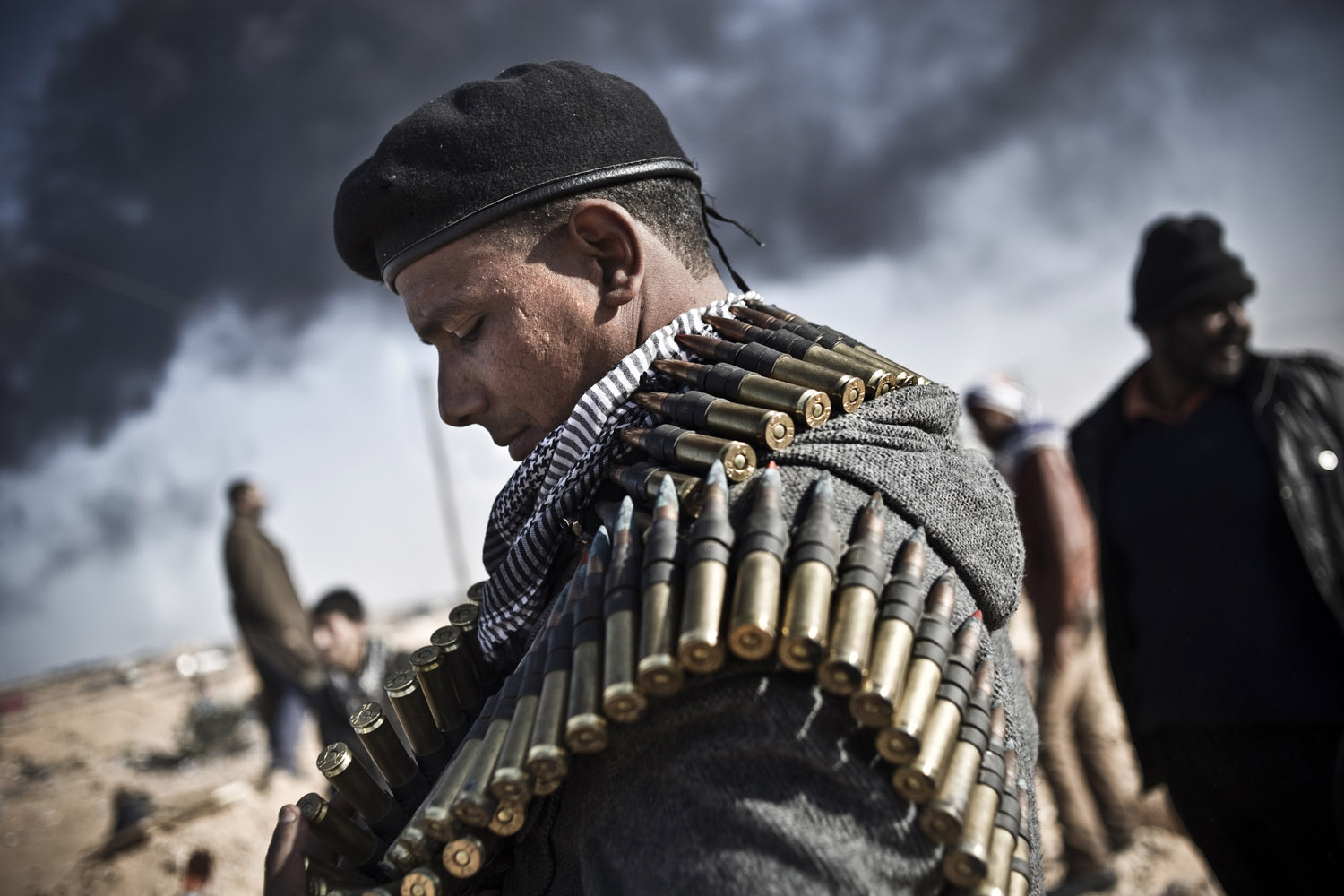
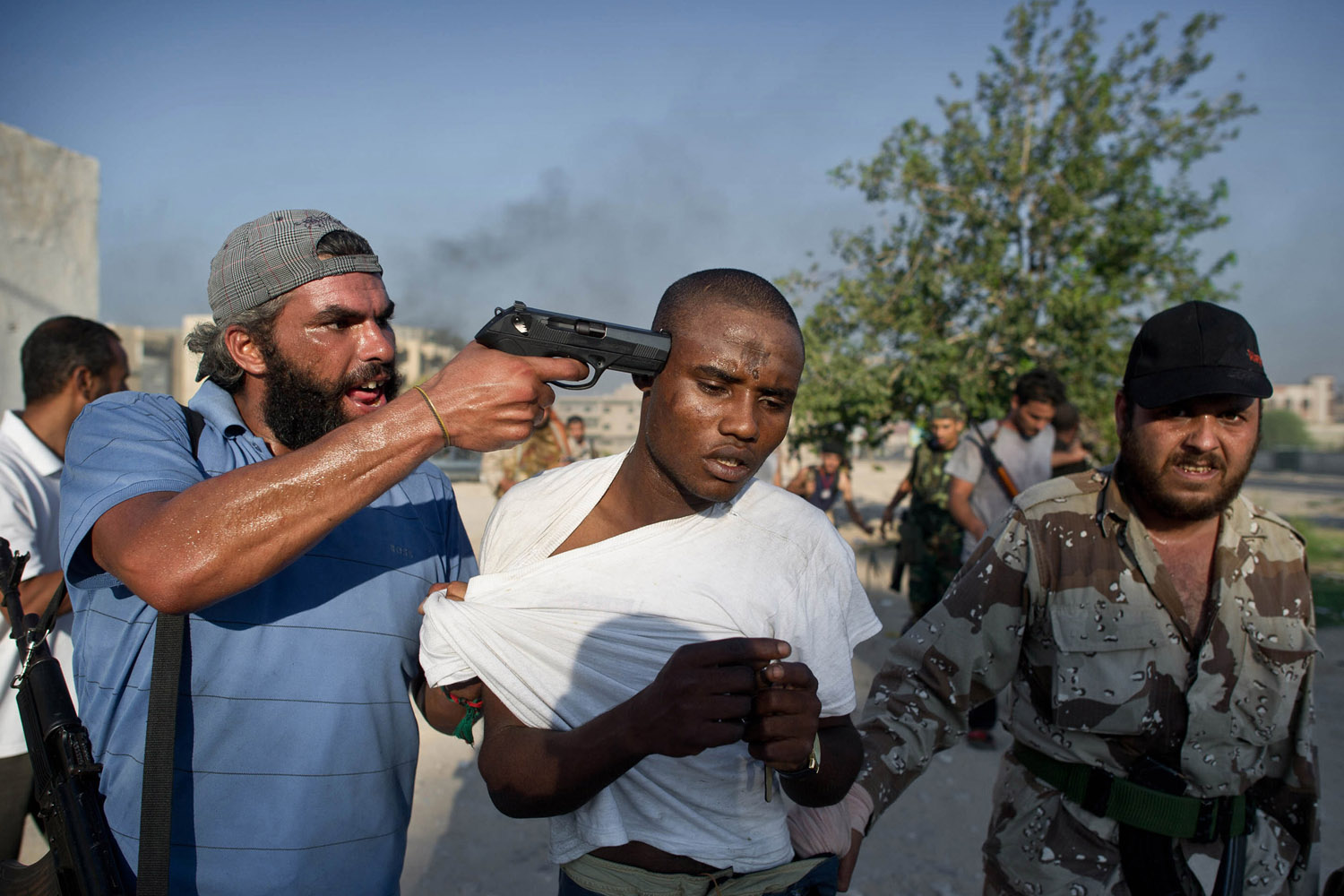
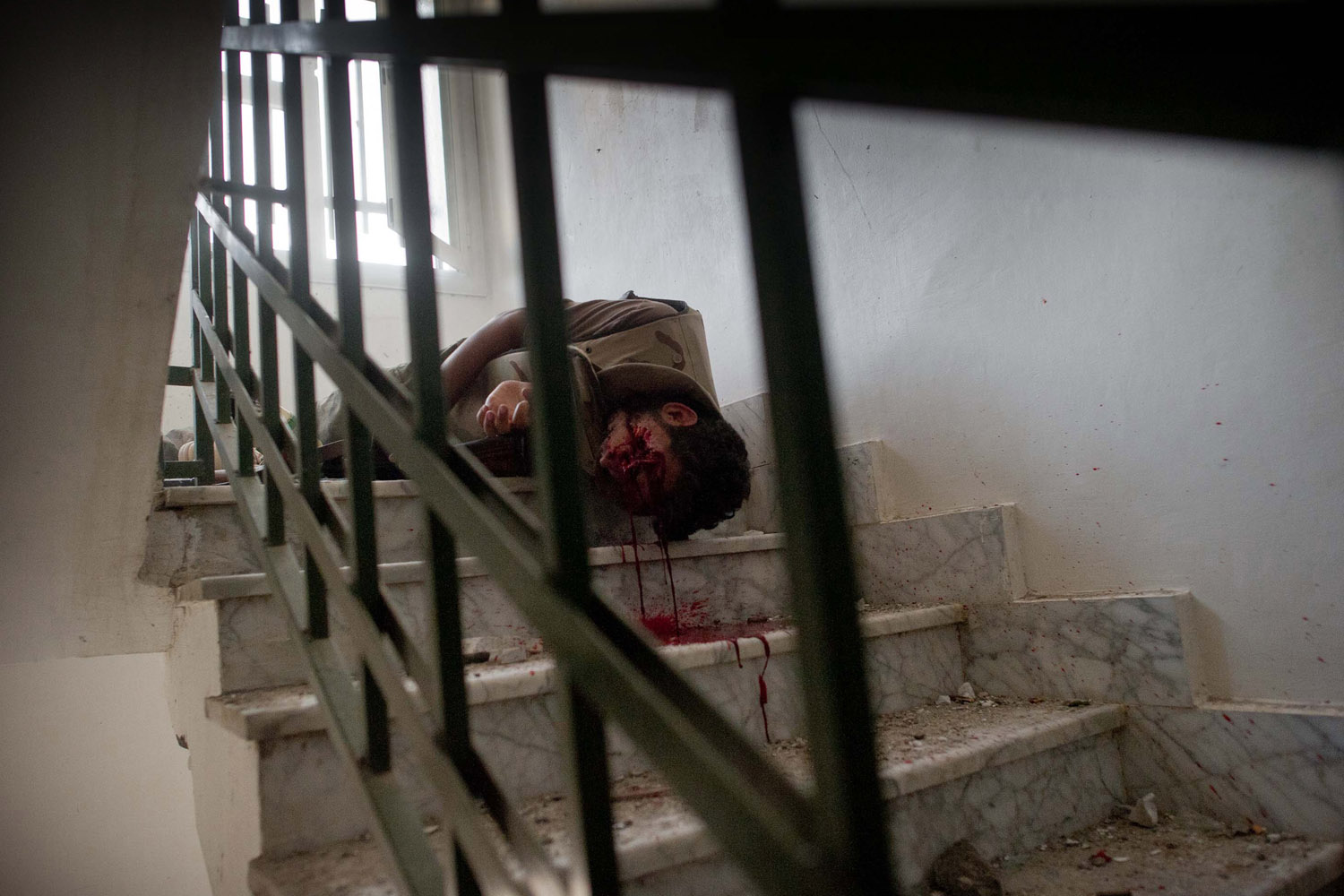
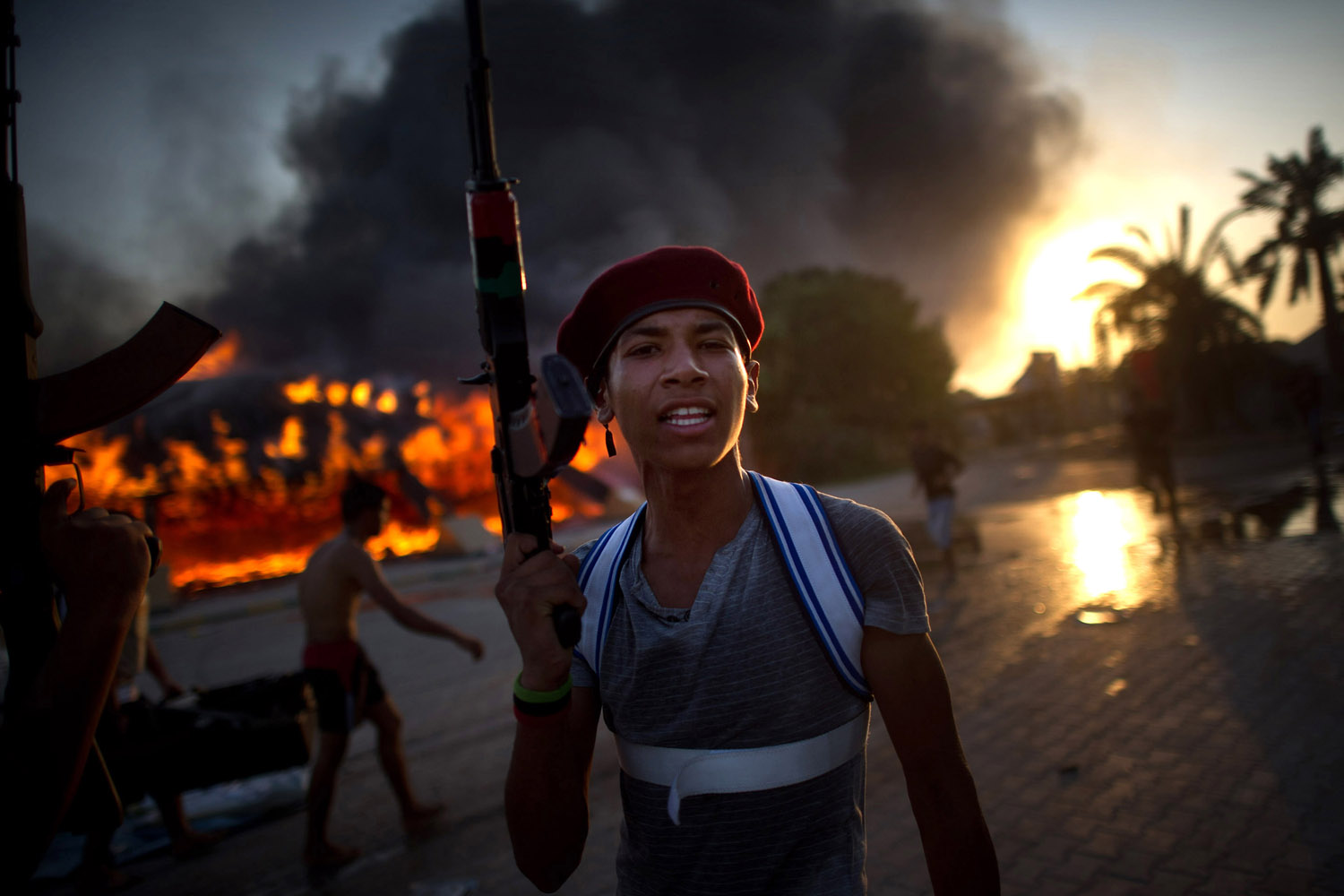
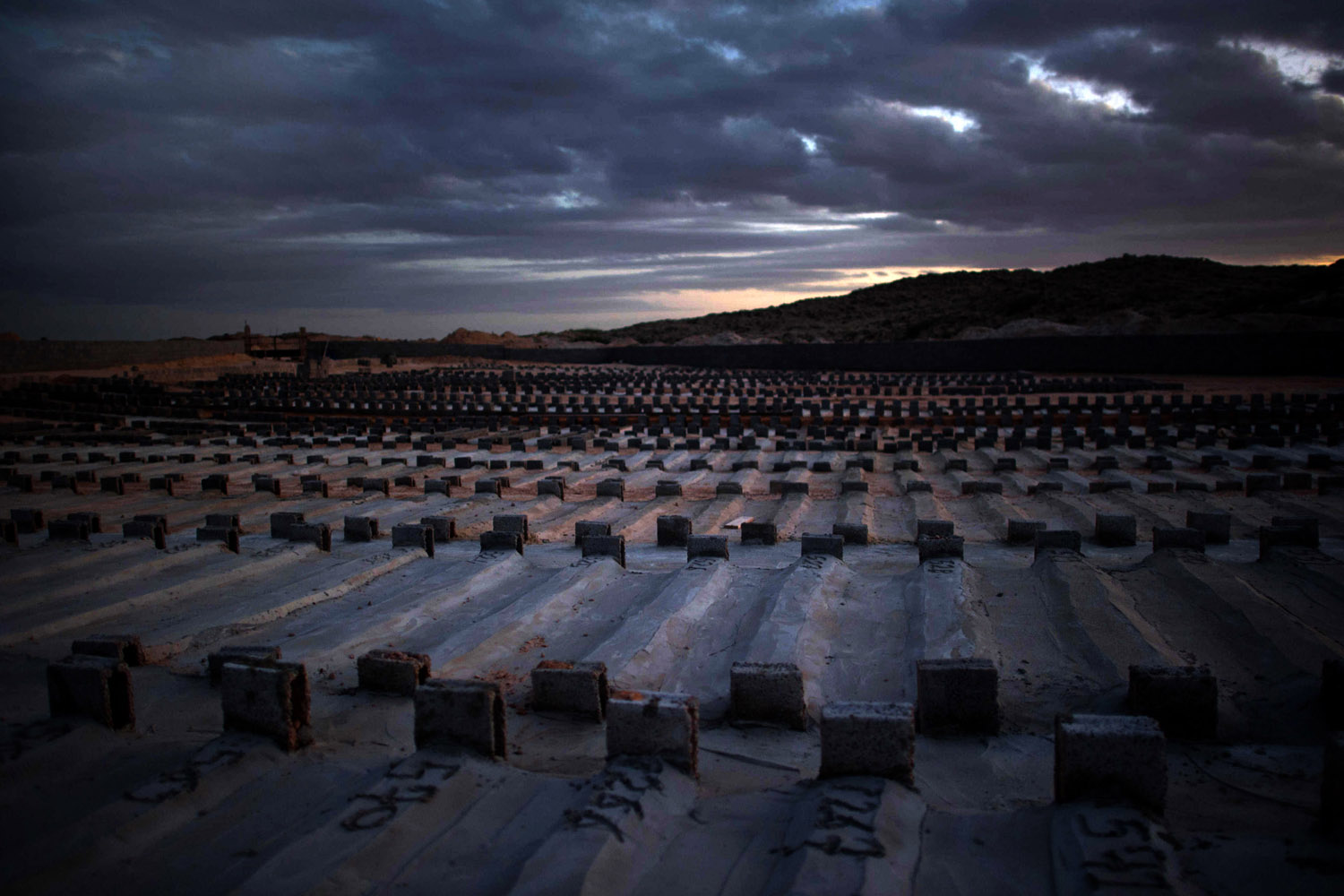
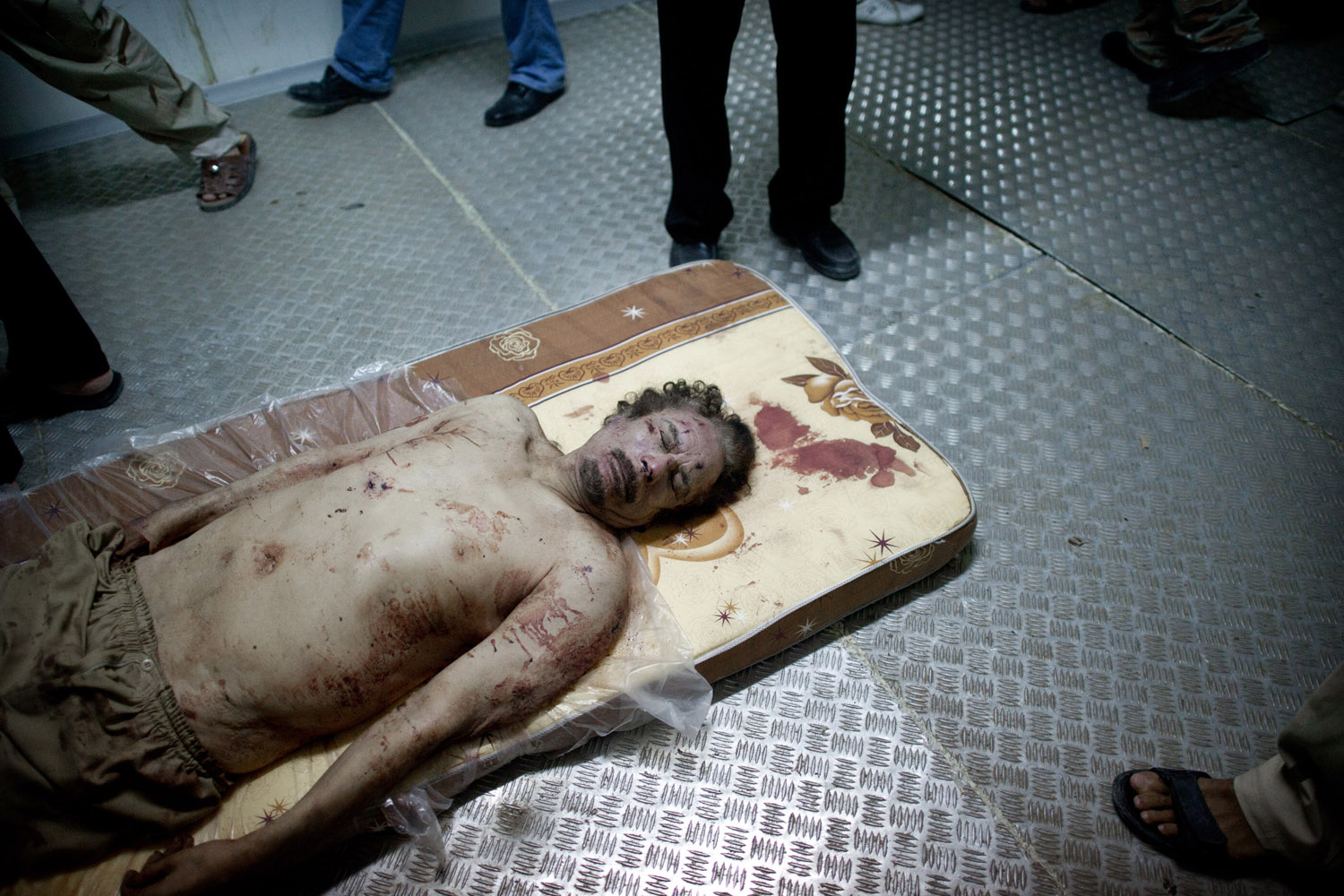
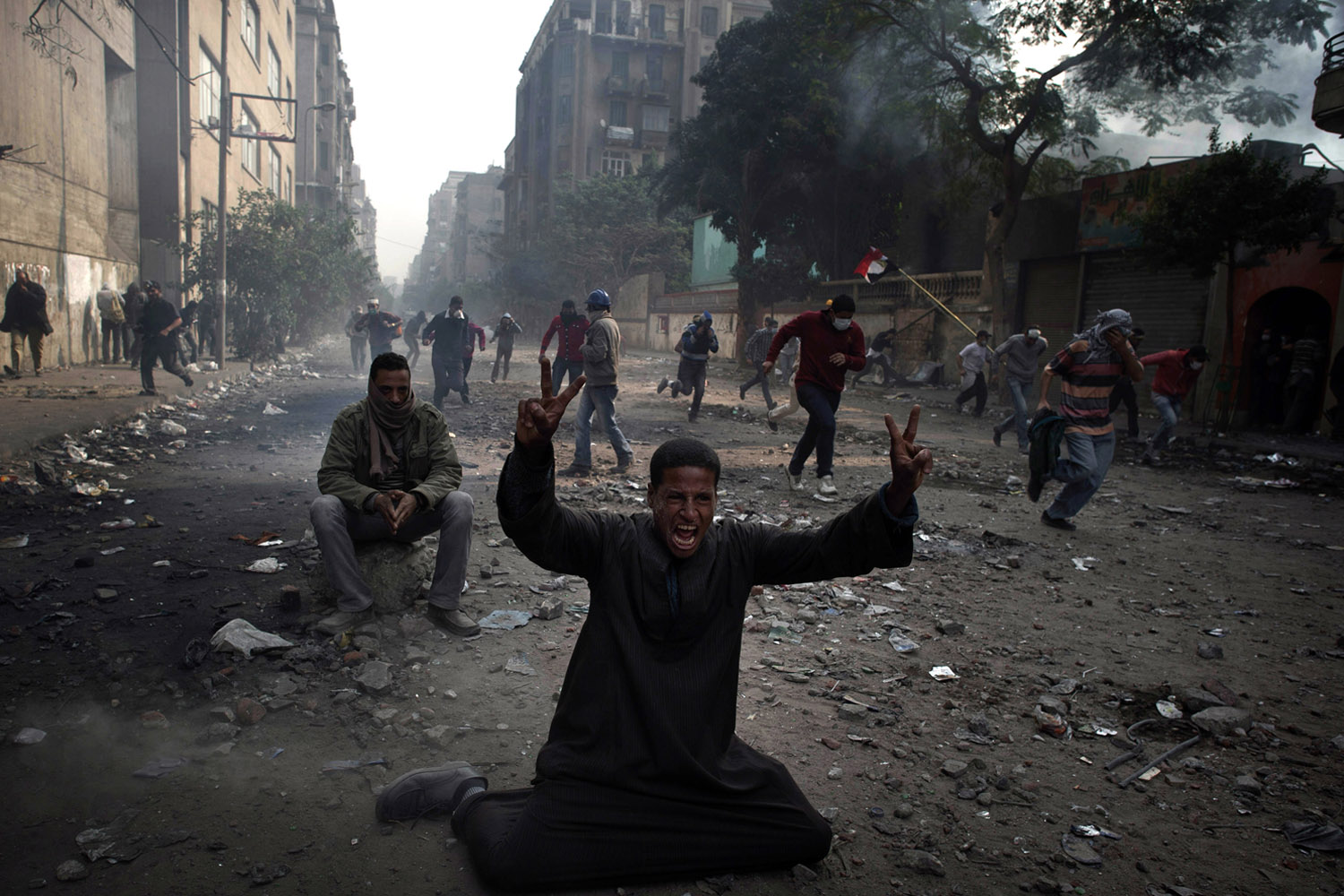
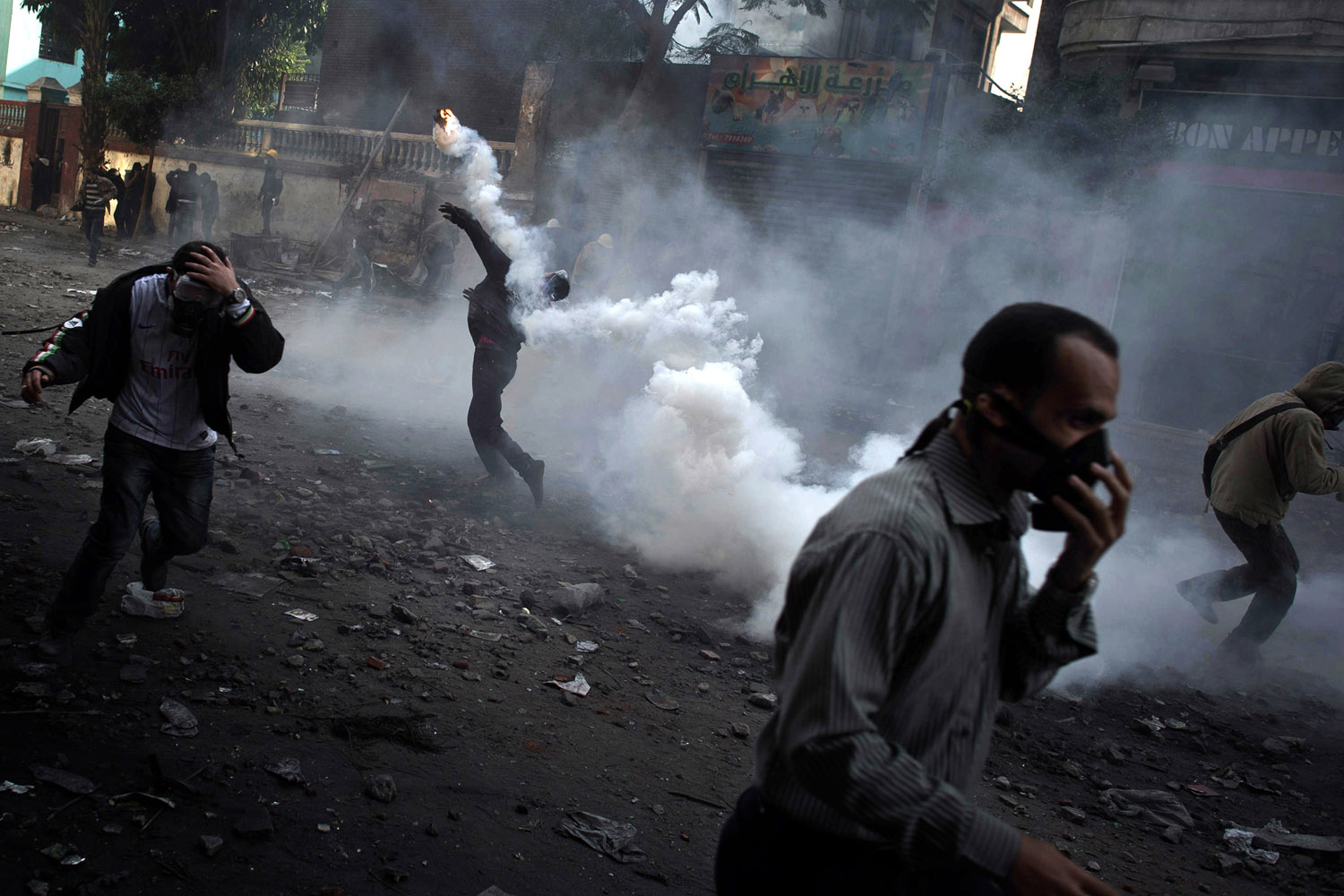
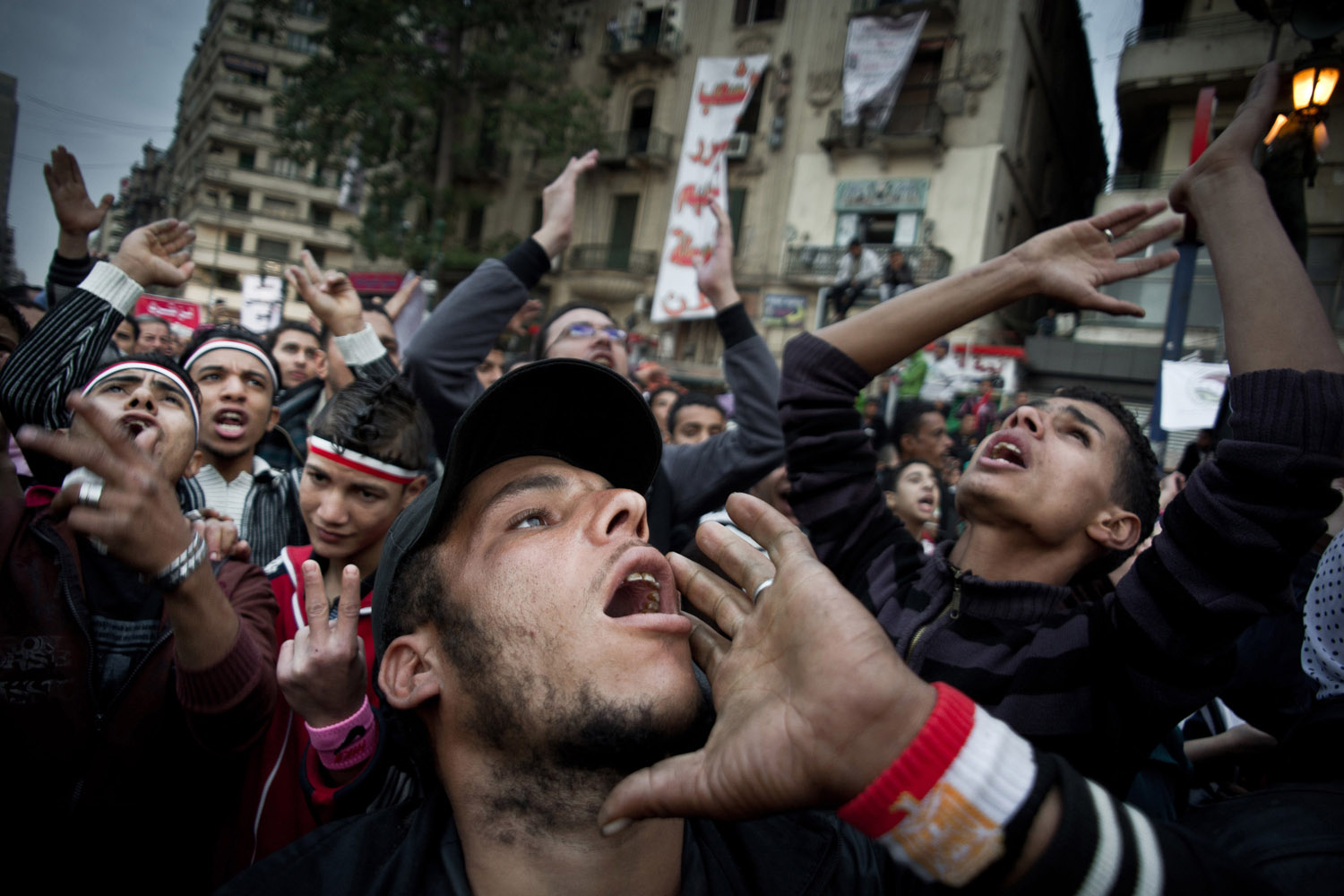
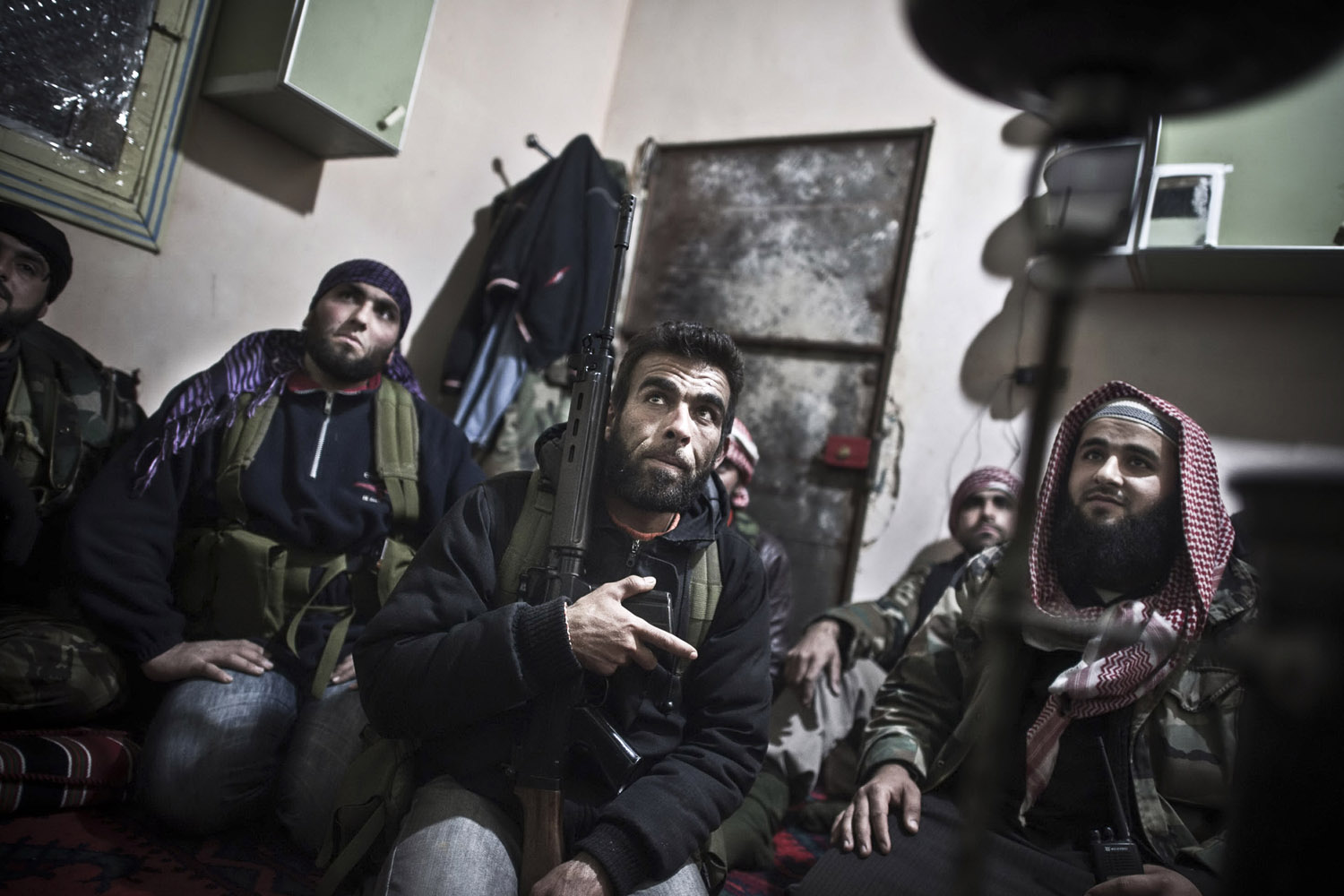
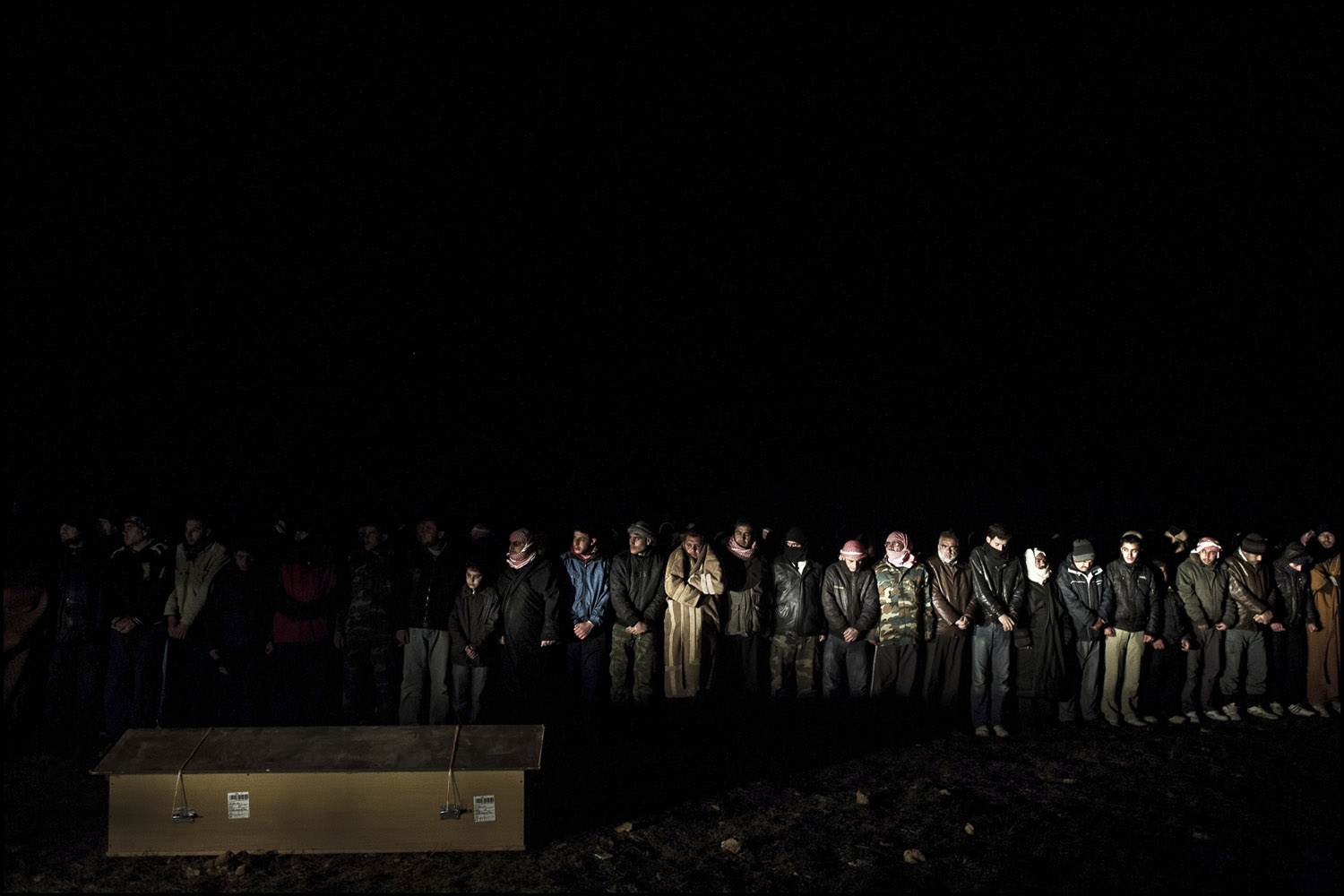
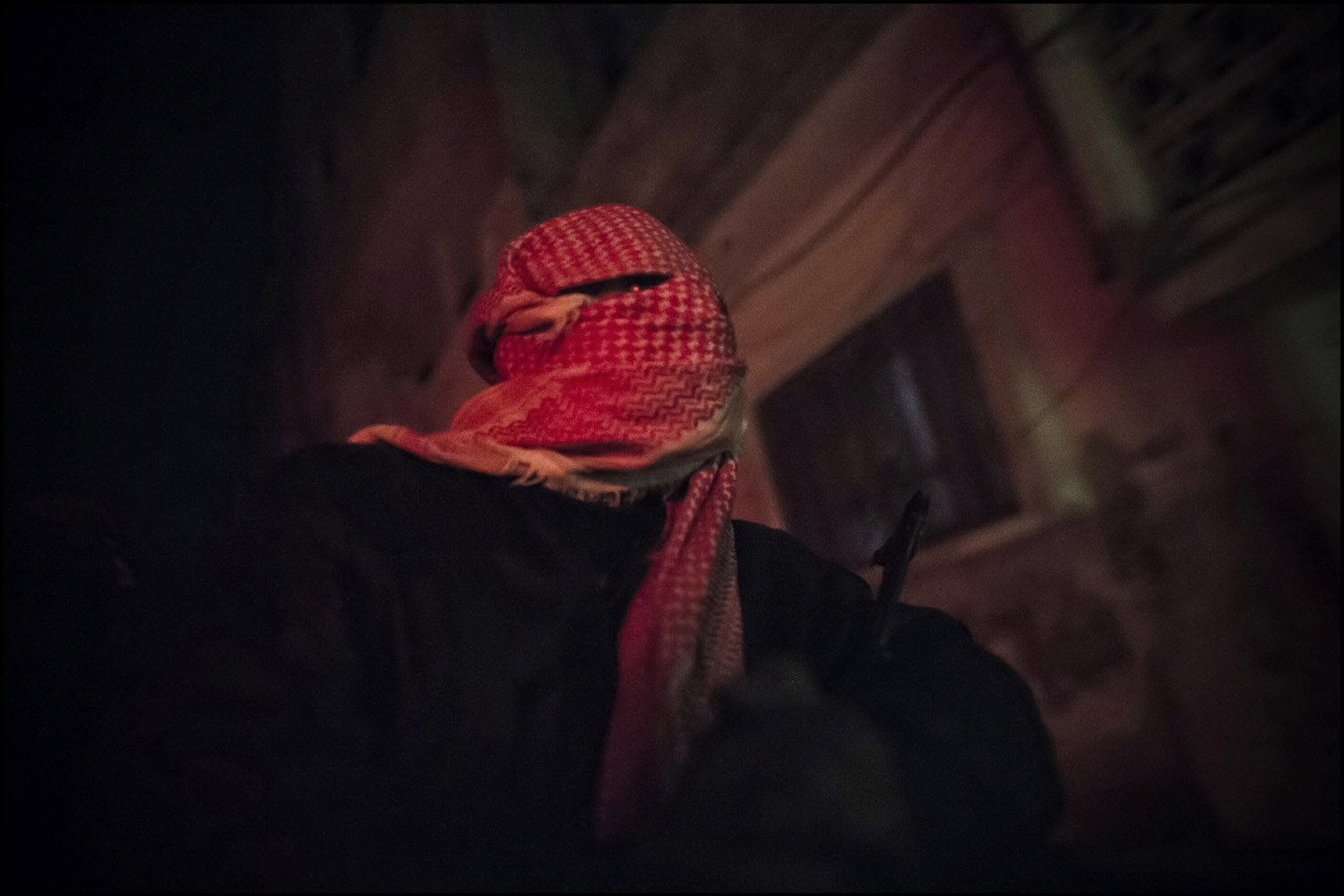
More Must-Reads from TIME
- Why Trump’s Message Worked on Latino Men
- What Trump’s Win Could Mean for Housing
- The 100 Must-Read Books of 2024
- Sleep Doctors Share the 1 Tip That’s Changed Their Lives
- Column: Let’s Bring Back Romance
- What It’s Like to Have Long COVID As a Kid
- FX’s Say Nothing Is the Must-Watch Political Thriller of 2024
- Merle Bombardieri Is Helping People Make the Baby Decision
Contact us at letters@time.com